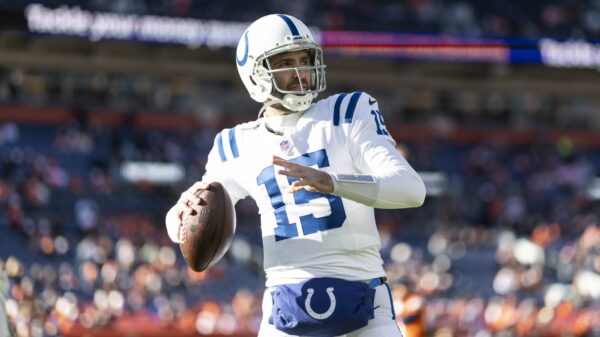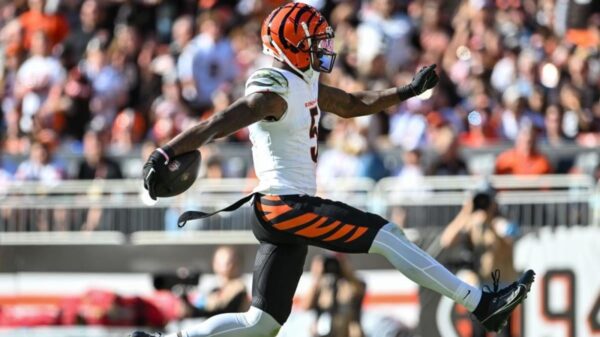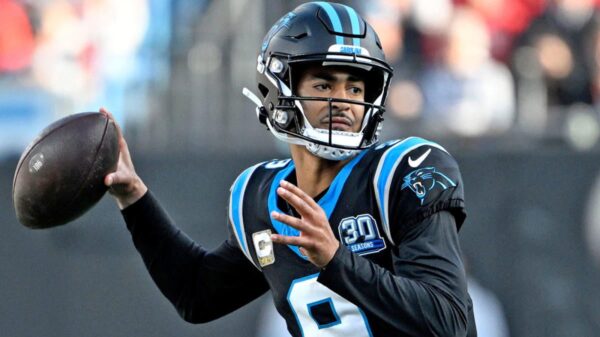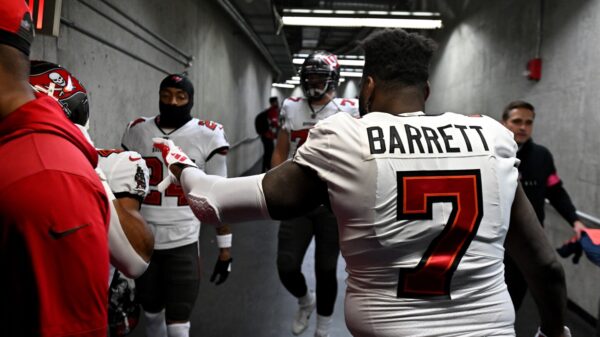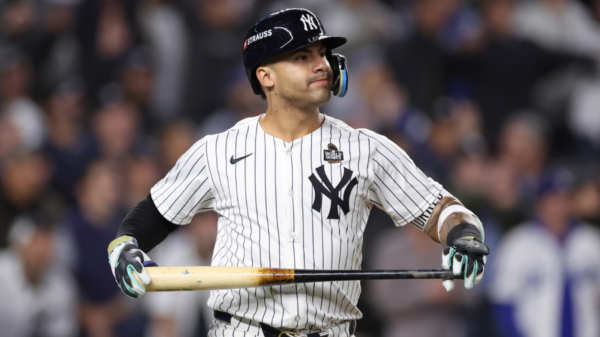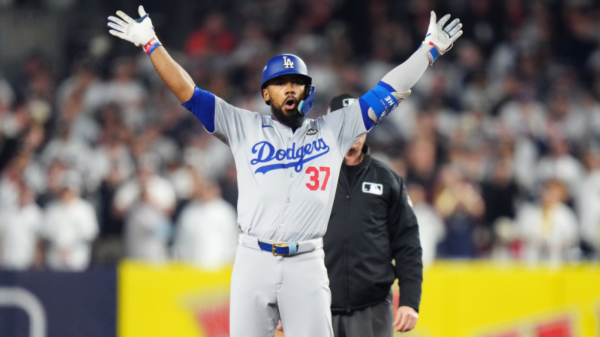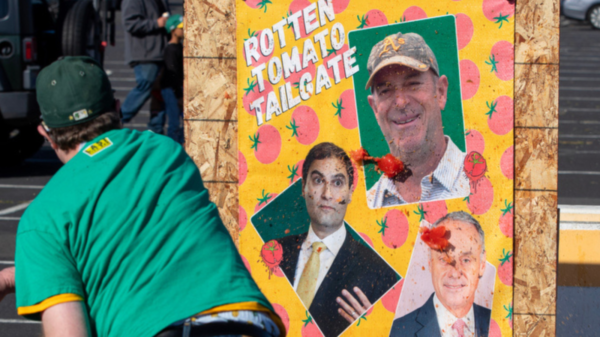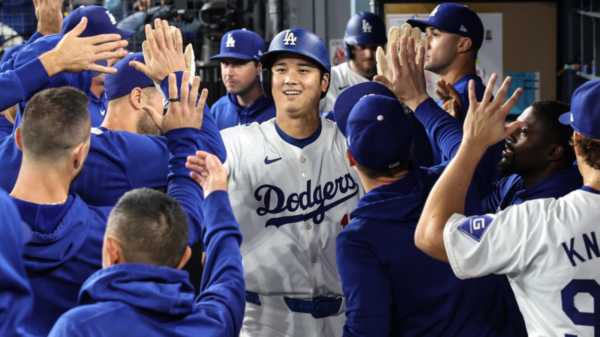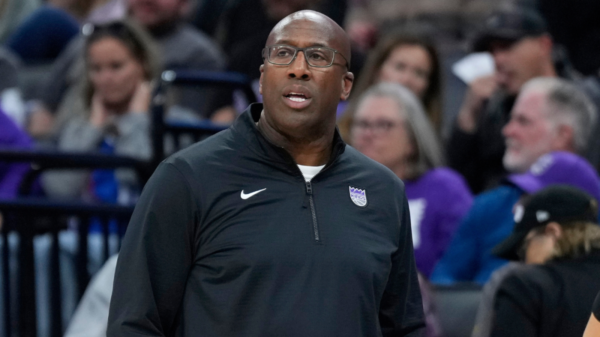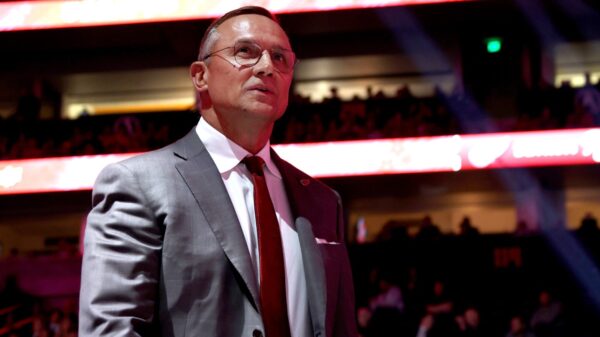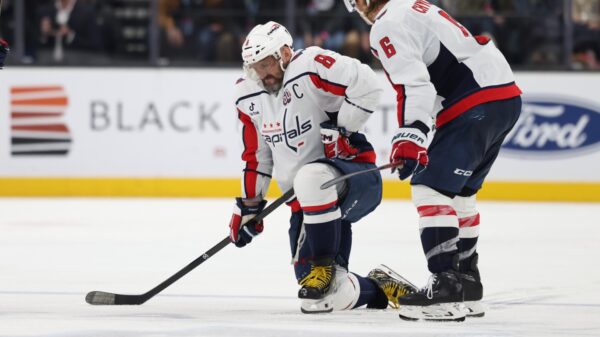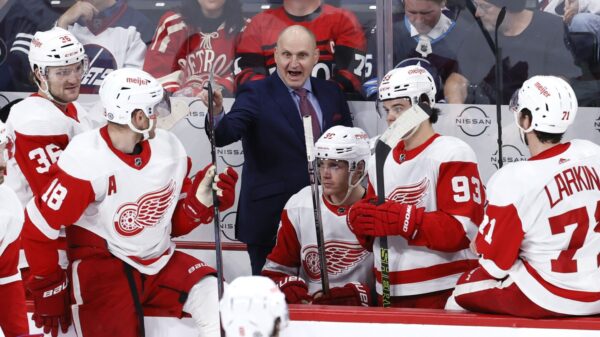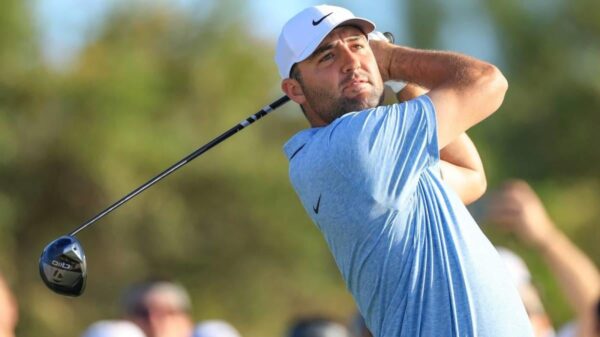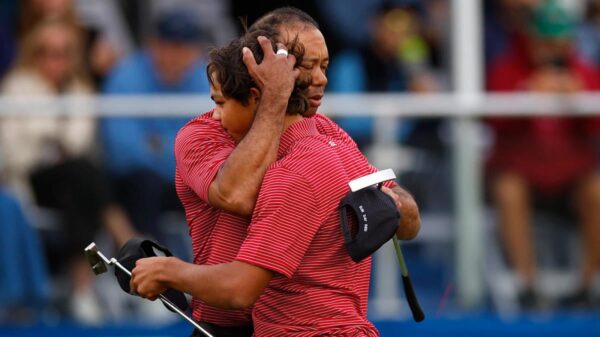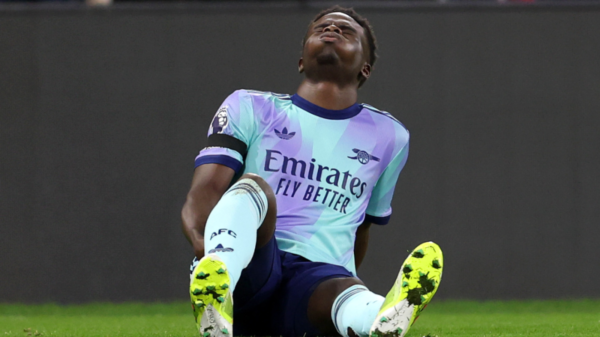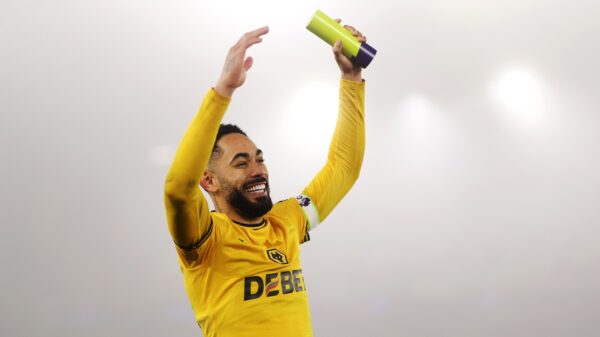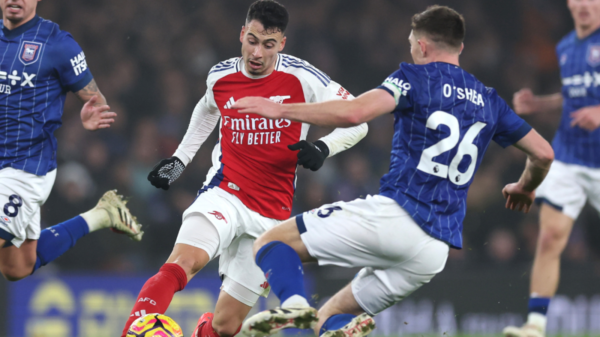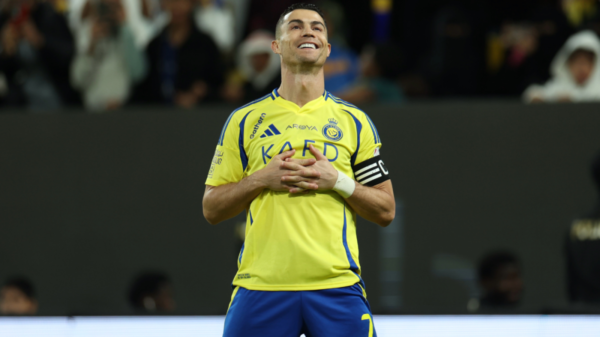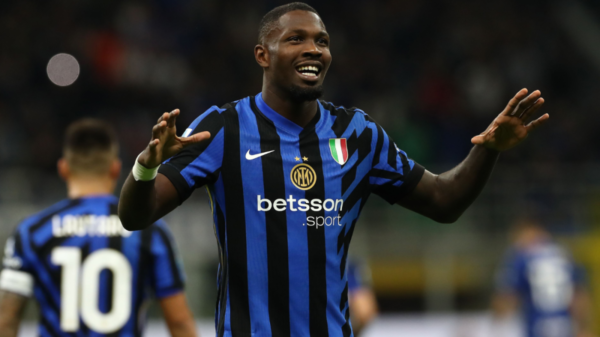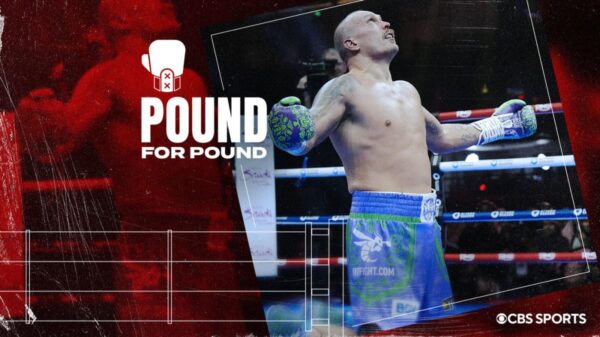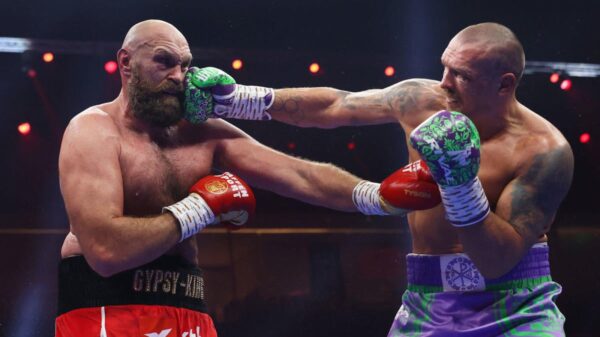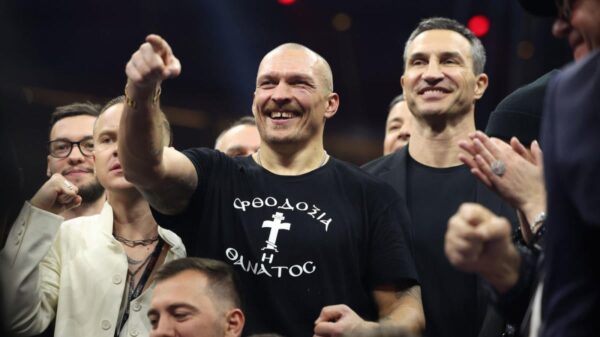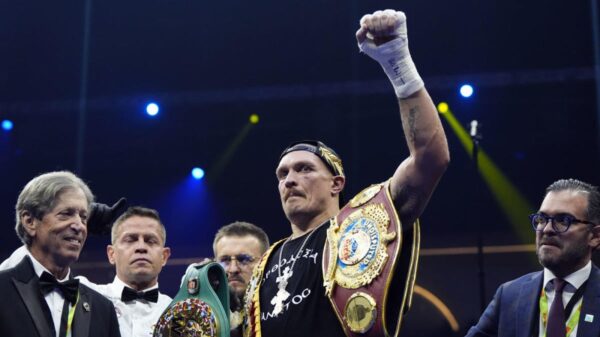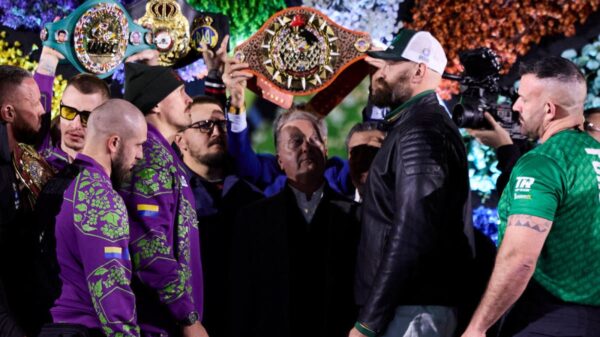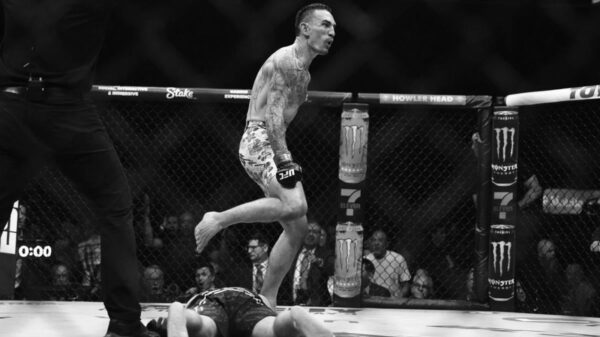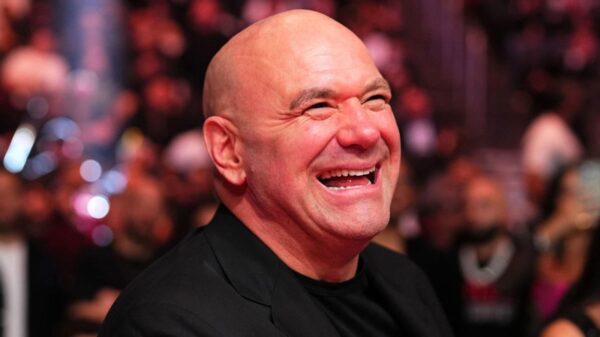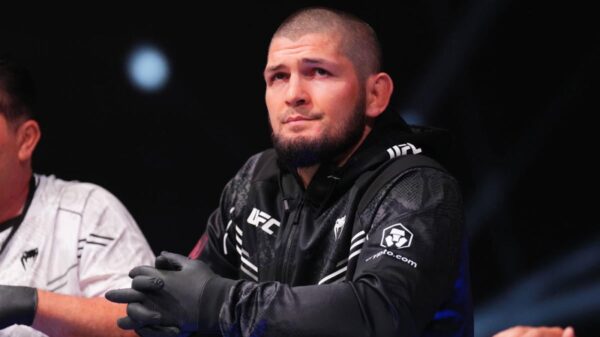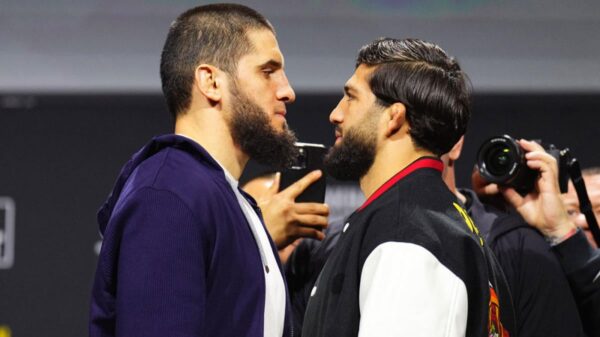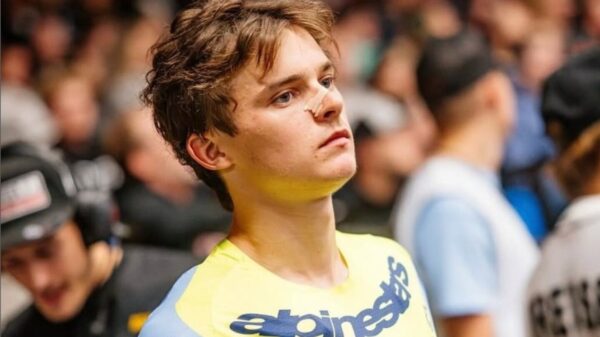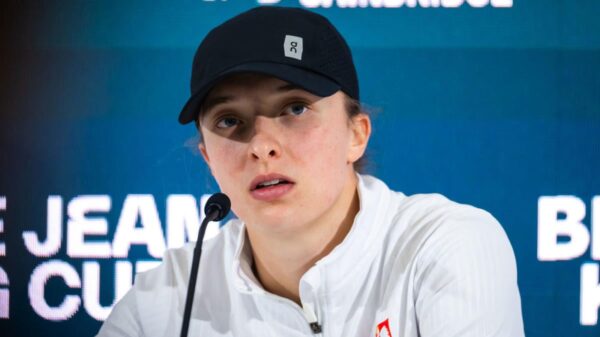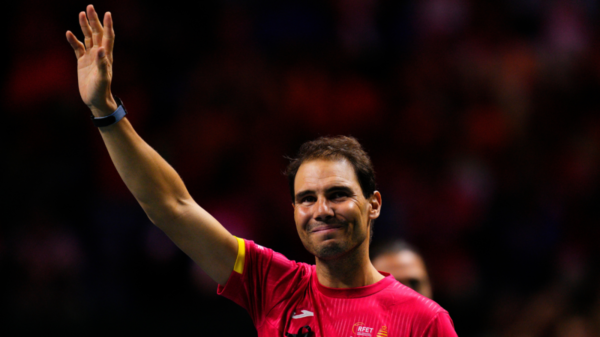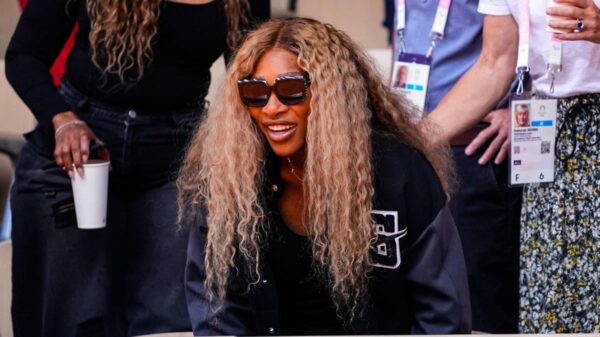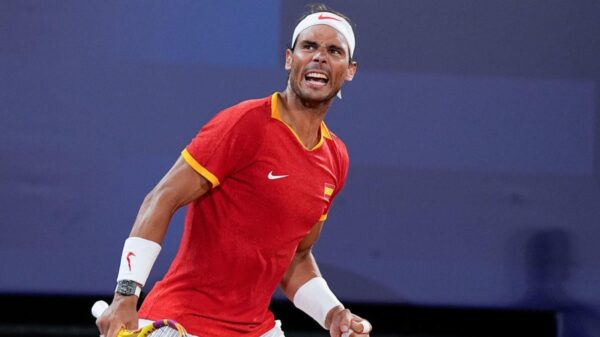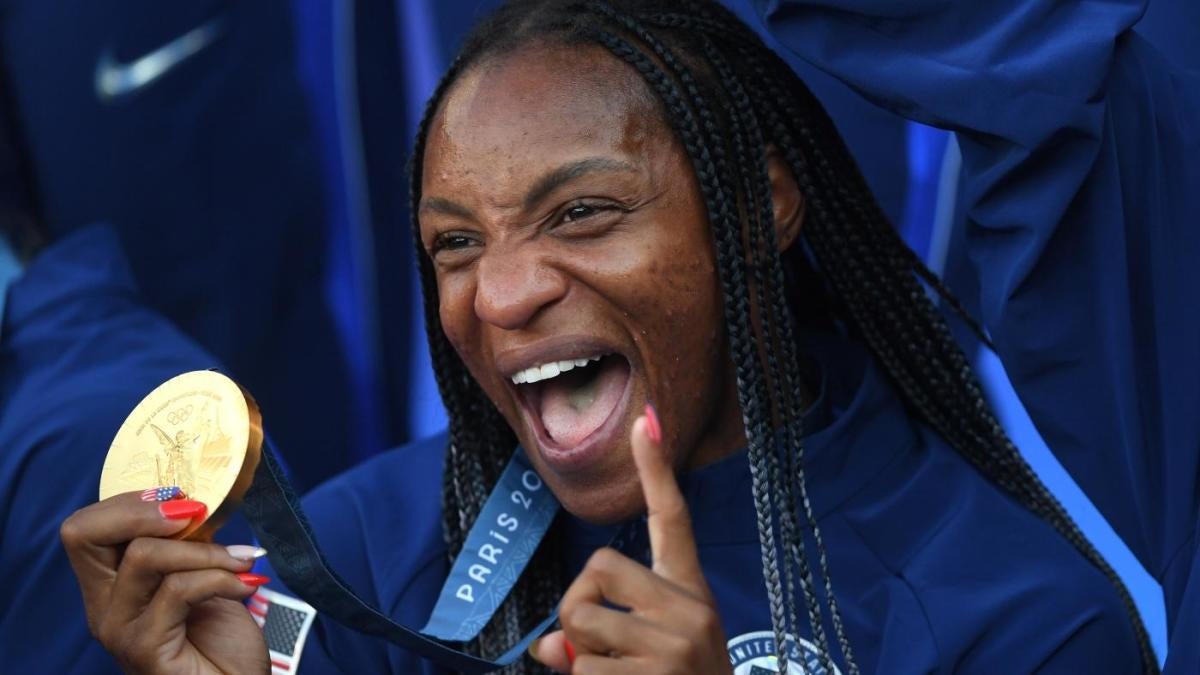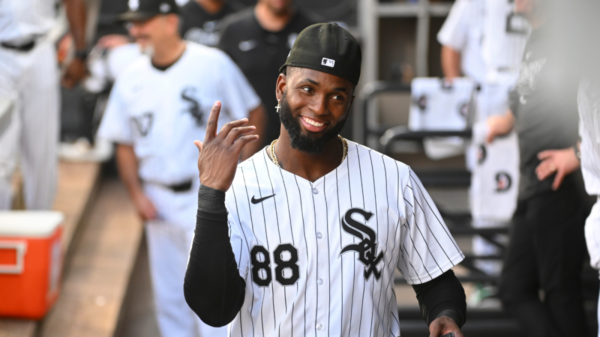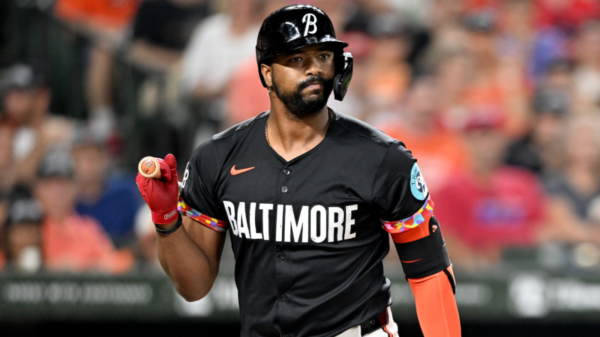NEW YORK – Crystal Dunn’s career, on its own, is a snapshot of the recent history of women’s soccer. Eleven years after earning her first cap for the U.S. women’s national team, she is a Women’s World Cup winner, an Olympic gold medalist and a league champion in the U.S. and England, to name just a few of her accolades.
It makes her an obvious choice as an honoree on Tuesday at Empowerment on the East River, a first-of-its-kind event hosted by Black Players for Change, an organization founded by MLS players in 2020. Dunn’s trophy haul merely scratches the surface on the impact she’s already left on the game, though. The 32-year-old has not only had a front-row seat as women’s soccer in the U.S., a predominantly white sport, has become more diverse in the last decade. As one of a few Black veterans on the USWNT, she has played a key role in leading the shift.
“I feel like I rarely celebrate myself,” she told CBS Sports on Tuesday. “Everything that was said about me tonight, it just makes you realize that you have inspired people. You actually have done so much good in simply playing soccer and I think I never take [these] moments for granted.”
Dunn is naturally quick to admit that “Black people have existed in this sport” for some time, well before she made her national team debut in 2013. Many, including BPC co-founder and president Earl Edwards Jr., point to USWNT goalkeeper Briana Scurry as one of the first visible Black players on either U.S. national team. She was the starter of the USA’s opening game of the 1999 Women’s World Cup, a 3-0 win over Denmark at a sold-out MetLife Stadium, then known by its old name, Giants Stadium. Edwards recognized that Scurry not only played an instrumental role in the team’s 1999 triumph at the Women’s World Cup, she was the only Black player on a roster that kicked off a new era in women’s sports.
“In ’99, I was seven years old, playing soccer but there was no dream of going pro at that moment,” Edwards, a goalkeeper for the New England Revolution, said. “MLS was three years old and not that mainstream. Even watching Premier League games and things of that sort was not mainstream in ’99 so attending a sold-out American football stadium soccer event, that was my first, real introduction to high-level soccer and it was that women’s ’99 team and Briana Scurry was the representation at that time and she, to this day, is a big-time hero of mine. Big-time.”
Soccer’s inaccessibility in the U.S. was not just limited to a lack of broadcast time in those days. Dunn said her parents’ move from Queens to the New York City suburbs in Long Island served as her introduction to the sport and is a reason why she and her Black colleagues feel the need to build pitches in communities of color. Dunn’s experiences as a young athlete also fuel her desire to give back.
“I was, for a very long time, the only Black girl on the team until I was about 15,” Dunn said. “That’s a long time for me to navigate a space where I’m learning the fundamentals of this sport but also learning about my identity, learning about how I fit into the world and there were some growing pains.”
The challenges of being a Black woman in American soccer later extended to her experiences on the national team.
“Even how I navigated on the national team wasn’t easy in some ways,” she said. “I’m a darker-skinned girl. I wore my hair in braids. I had my hair in certain hairstyles that didn’t look like everybody else and how I was marketed or how I felt I was seen to the world is something that I had to navigate, and there [weren’t] many people that I could ask any advice of. I had to lean on just agents and family members, friends to best showcase who I was without being judged by the world.”
Dunn admitted that in her early days on the national team, she was uncomfortable wearing her hair naturally but that in a period of increased diversity in the USWNT and NWSL locker rooms, the stigma she once felt is thankfully a thing of the past.
“I think I just got older and I said, ‘All right, I just don’t care, really, anymore.’ … It felt so freeing,” she said. “A lot of Black women are judged off of their hair. How you wear your hair can make someone look at you and take you seriously or not take you seriously and I think when I talk about marketing, those are things that play into it. I’m wearing my hair in a natural hairstyle — are people going to think that’s not appeasing to the fanbase, or things like that. It’s a lot of things that as a kid you’re thinking about, which you shouldn’t. You should just be showing up and playing soccer … I can’t stress enough how important it is to have to have more women of color on teams because those conversations don’t feel comfortable anymore because there’s so many of us in a locker room where we can talk about hair and it not be this weird topic of discussion. The game has grown.”
The USWNT is currently a symbol of the growth Dunn notes. She was one of several Black players on the team that won Olympic gold over the summer, including a front line that stole the show. Trinity Rodman, Sophia Smith and Mallory Swanson scored a combined 10 goals in Paris and are arguably now the new faces of a team that looks more like the country it represents. Increasing levels of inclusivity have only served the USWNT well, Edwards argued, an important way for the team to continue its already game-changing legacy.
“Having athletes like Crystal and some of the other girls on the team that have come through the ranks and being able to provide the representation that’s been missing on the national team, it’s been a hell of a transition and something that’s benefitted the team,” Edwards said. “It’s not just that they’re representing and there’s benefit there, but what they’re providing on the field is a different level and as a country, we’re reaping the rewards of our women’s national team constantly being at the top of the pedestal.”
While locker rooms across the sport are becoming more diverse, both Dunn and Edwards identified that there’s room for growth in leadership positions. People of color are still underrepresented in coaching roles across soccer, as well as in the front office and other positions of power, though it has not stopped some from making meaningful strides. The Columbus Crew’s Wilfried Nancy became the first Black coach to win MLS Cup in 2023, while Seb Hines became the first Black coach to win a trophy in the NWSL when the Orlando Pride won the NWSL Shield on Sunday.
Edwards recently had the chance to ask a former teammate, Kevin Molino, about Nancy and also speak to the head coach himself about the impact he’s had as a trailblazing coach in MLS.
“I pulled Moline aside prior to going to him and was just like, ‘Yo, what’s he like? Is he cool? He seems like he’s really cool.’ He’s telling me, ‘He’s cool but the biggest thing is he gives everyone respect,'” Edwards said. “The way Kevin Molino, a Black player, could light up about his coach, I hadn’t seen that. I then approached Wilfried Nancy directly and just praised him. I told him he’s doing such an amazing job, I love everything he’s doing, what he stands for, what he’s about and told him I had a ton of respect for him. He was almost floored by it, I could tell. He was really appreciative of the comments but even in that interaction, I could feel a relationship that’s innate and difficult to describe but it’s representation that I’m talking about.”
Representation, Edwards noted, was equally important for the Pride’s triumph.
“He’s getting a lot of credit for being a first Black coach and you hear his accent so you know he’s English. He’s Native American,” Edwards said about Hines, his former teammate at MLS’ Orlando City. “He has an amazing family but having the family structure he has, the person he is, the background he has, it allows you to relate to so many different people. For what it’s worth, his wife is white and so the multicultural build of just his household allows him to relate to probably every player on the team. One way or another, I’m sure he’s able to find a way to relate with his team and it results in a club that’s been starving for a trophy winning the hardest trophy there is.”
Dunn acknowledged that there’s a sense of camaraderie amongst Black professionals in soccer because of their shared goal to create a more equitable sport, which is something she thinks much more about these days than adding to her stacked trophy cabinet.
“We’re all rooting for each other. We all want success because somebody doing something great means you’ve opened up the door,” she said. “It’s been a challenge, I will say. Being a woman of color in soccer has not been easy. It’s been really isolating at times. It’s been challenging in so many moments and I think the biggest thing for me is just feeling like I’m going to leave the game in a better place.”
Read the full article here

